Cholesterol is one of the more confusing aspects of health to understand. Many individuals view the word with only negative connotations and are not completely aware of cholesterol’s mechanism within the body. While cholesterol can harmfully impact your health, there are types of cholesterol that are essential for our health and perform important jobs in the body, such as hormone formation.
What is the Impact of Cholesterol on our Overall Health?
Lipoproteins are the molecules that carry cholesterol throughout the body. Low-density lipoproteins (LDL) are referred to as “bad” because they are more likely to build up in our blood vessels and develop plaques. Plaques can cause vessel narrowing which may lead to eventual disruption of blood flow to and from the heart and other organs. On the other hand, high-density lipoproteins (HDL) are referred to as “good” because they carry cholesterol back to the liver, which will then work to excrete this from the body.
A lipid profile refers to the level of different cholesterols and triglycerides in your blood; maintaining an optimal lipid profile can reduce the risk of developing cardiovascular disease and stroke. Since society seems to be straying from the conventional form of medicine and returning to its roots, you may be asking yourself, “what is the best natural cholesterol-lowering supplement?”
Medicinal Mushrooms to Support Lower Cholesterol
There are several mushrooms, namely Maitake, Shiitake, and Reishi, that have demonstrated the ability to improve lipid profiles by directly acting on the mechanisms that control cholesterol transport and excretion, but also by acting as antioxidants and reducing lipid peroxidation. Lipid peroxidation is when lipids degrade within the cell membrane, leading to cell damage and death.
Oxidative stress and increased cholesterol levels (hypercholesterolemia) are linked to increased risk for development of cardiovascular risk factors. Extracts of Ganoderma lucidum (Reishi also known as "the mushroom of immortality") were studied on their affect in ameliorating cardiovascular risk factors, such as high cholesterol levels [1]. The study found that Reishi was able to decrease total cholesterol, triglycerides, and LDL cholesterol while increasing HDL cholesterol [1]. It also exhibited powerful antioxidant effects by improving our body’s antioxidant enzymatic activities [1]. Other benefits of Reishi mushrooms include reducing stress and improving sleep quality, both of which would benefit the foundations of health and lead to a bodily system more equipped to promote health.

The Benefits of Shiitake Mushrooms
Shiitake is commonly recognized as a culinary mushroom, but the fruiting body’s medicinal properties and nutrient content are far more impressive. It contains fiber, minerals, vitamins, antioxidant compounds, and polysaccharides, all of which are beneficial to our health [2]. One study found that after 66 days of Shiitake use, the participants in a double-blind randomized clinical trial illustrated an average 10% reduction in triglyceride levels [2]. Shiitake was also found to increase the levels of reduced glutathione, which is the main endogenous antioxidant in the body, and decreased levels of lipid peroxidation [2].
The Benefits of Maitake Mushrooms
Maitake is another mushroom commonly used to improve lipid profiles, but also has functions in the treatment or support of diabetes, blood pressure, the immune system, and cancer. Maitake exhibited the ability to improve lipid profiles by inhibiting accumulation of lipids in the liver and inhibiting elevation of lipids in the blood [3]. Maitake was able to increase the level of cholesterol excretion by 1.8 and bile acid-secretion by 3-fold [4]. This is significant as bile is used to carry away waste, break down fats during digestion, and is involved in the excretion of excess cholesterol [4]. This was also illustrated in another study that found treatment with Maitake to increase levels of cholesterol in feces, meaning a higher volume was excreted [5].

As mentioned, Maitake works well to improve excretion of excess cholesterol and this was exhibited in a study which found that Maitake was better at decreasing total cholesterol levels, compared to Shiitake [6]. However, Shiitake was found to decrease levels in the blood more than Maitake [6]. This exhibits how important it can be to use multiple mushrooms together as they can work synergistically.
Four Medicinal Mushrooms Combined into one Mushroom Extract Blend
Eversio Wellness carries many mushroom supplements containing singular mushroom extracts, but sometimes we want the synergy of several mushrooms working together, and this is where their extract mushroom blends come into play.

The Balance Blend contains Maitake, Shiitake, Reishi, and Lion’s Mane. This powerful antioxidant blend will not only assist you with balancing cholesterol levels, but it can strengthen your immune system, act as an anti-inflammatory, provide stress relief, help lower high blood pressure, boost mental health, sleep support, and, thanks to Lion’s Mane mushrooms, improve cognitive abilities. The formulation is full of health benefits, has 45% verified beta d glucans, and comes in powder (extract) form, so it is excellent to be used in drinks, or even food!
By Silvana Jakupovic — BSc and 4th Year Student of Naturopathic Medicine (CCNM-Boucher)
[1] Rahman MA, Abdullah N, Aminudin N. Evaluation of the Antioxidative and Hypo-cholesterolemic Effects of Lingzhi or Reishi Medicinal Mushroom, Ganoderma lucidum (Agaricomycetes), in Ameliorating Cardiovascular Disease. Int J Med Mushrooms. 2018;20(10):961-969. doi: 10.1615/IntJMedMushrooms.2018028370. PMID: 30806268.
[2] Spim SRV, Pistila AMH, Pickler TB, Silva MT, Grotto D. Effects of Shiitake Culinary-Medicinal Mushroom, Lentinus edodes (Agaricomycetes), Bars on Lipid and Antioxidant Profiles in Individuals with Borderline High Cholesterol: A Double-Blind Randomized Clinical Trial. Int J Med Mushrooms. 2021;23(7):1-12. doi: 10.1615/IntJMedMushrooms.2021038773. PMID: 34375514.
[3] Kubo K, Nanba H. The effect of maitake mushrooms on liver and serum lipids. Altern Ther Health Med. 1996 Sep;2(5):62-6. PMID: 8795938.
[4] Kubo K, Nanba H. Anti-hyperliposis effect of maitake fruit body (Grifola frondosa). I. Biol Pharm Bull. 1997 Jul;20(7):781-5. doi: 10.1248/bpb.20.781. PMID: 9255420.
[5] Fukushima M, Ohashi T, Fujiwara Y, Sonoyama K, Nakano M. Cholesterol-lowering effects of maitake (Grifola frondosa) fiber, shiitake (Lentinus edodes) fiber, and enokitake (Flammulina velutipes) fiber in rats. Exp Biol Med (Maywood). 2001 Sep;226(8):758-65. doi: 10.1177/153537020222600808. PMID: 11520942.

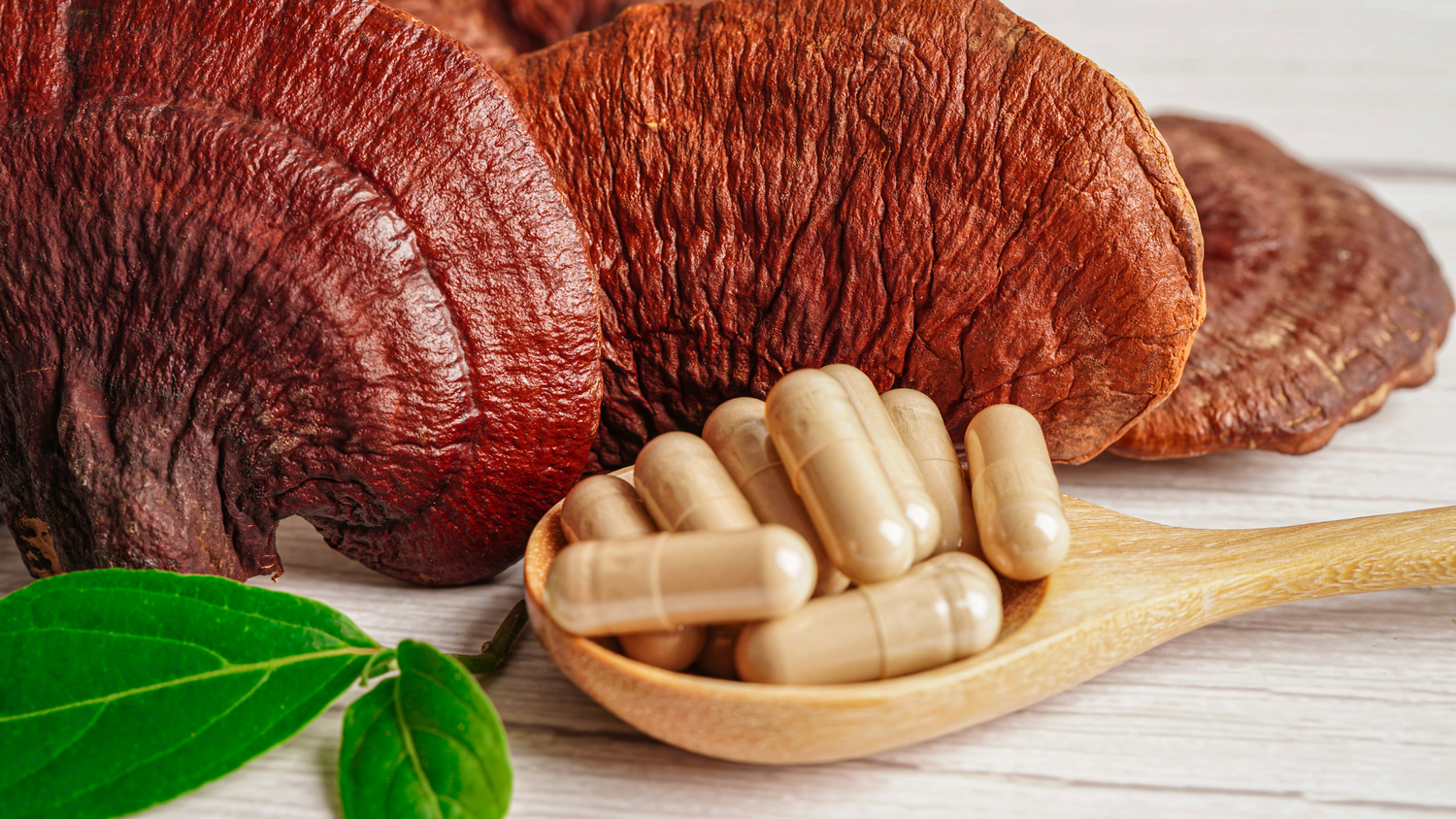
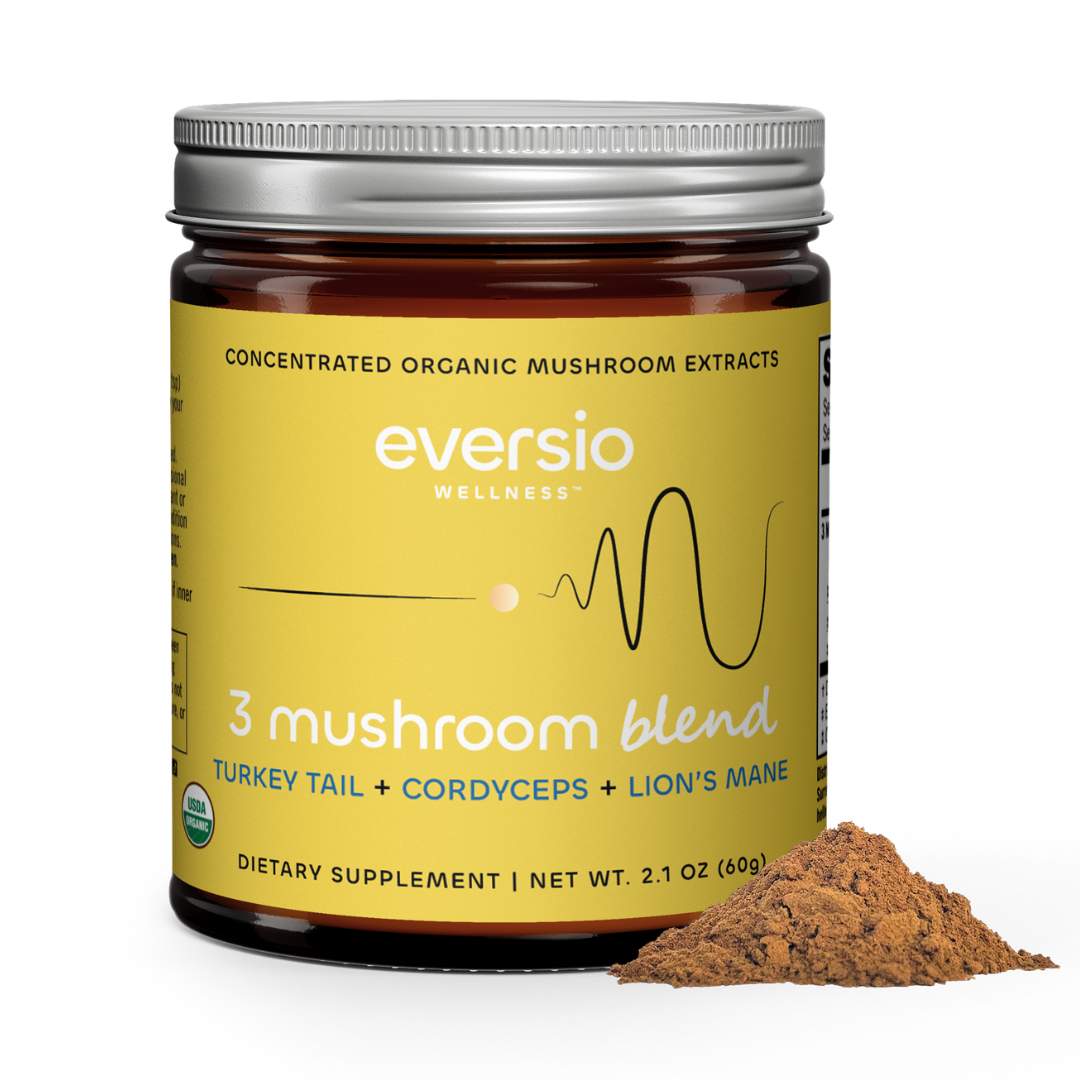
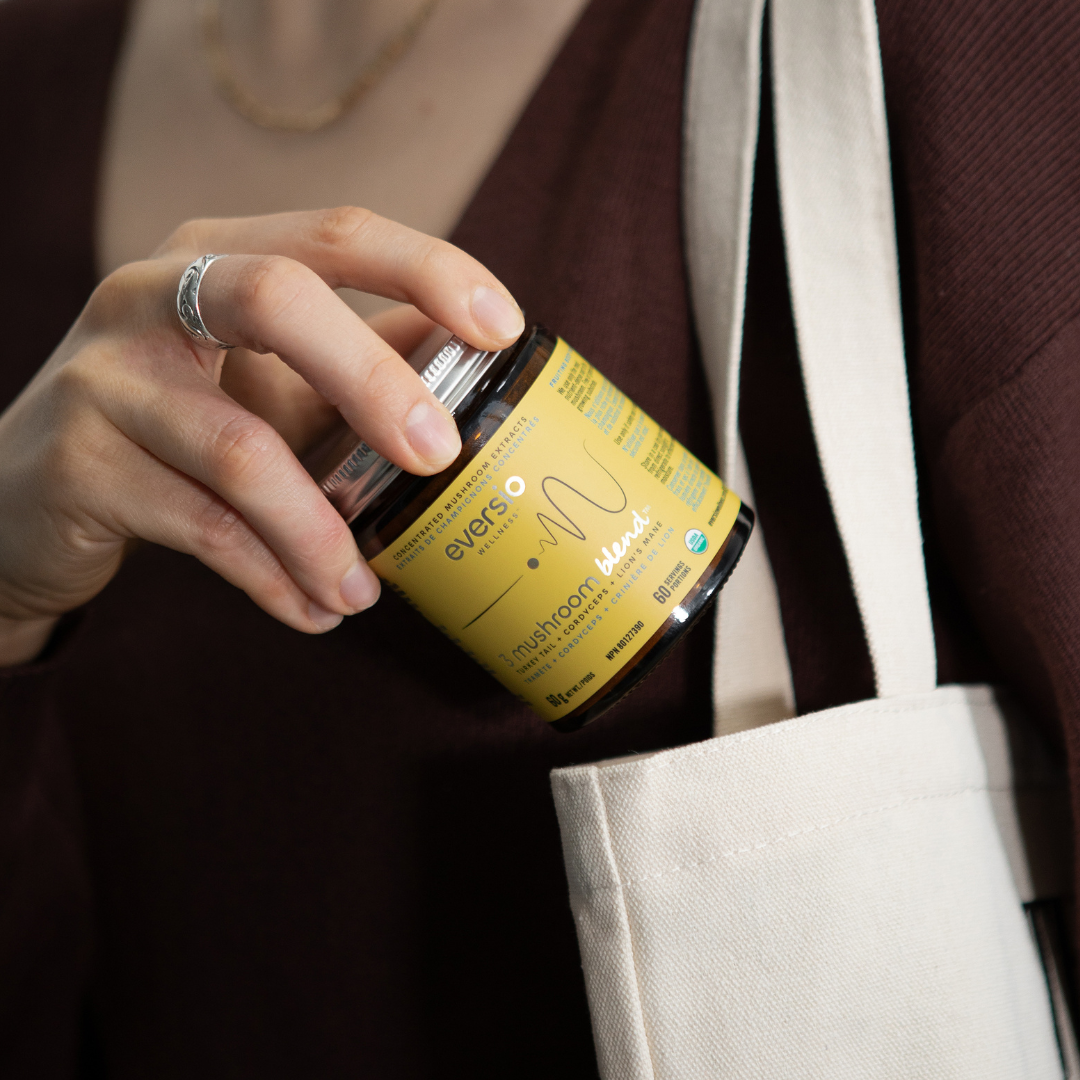

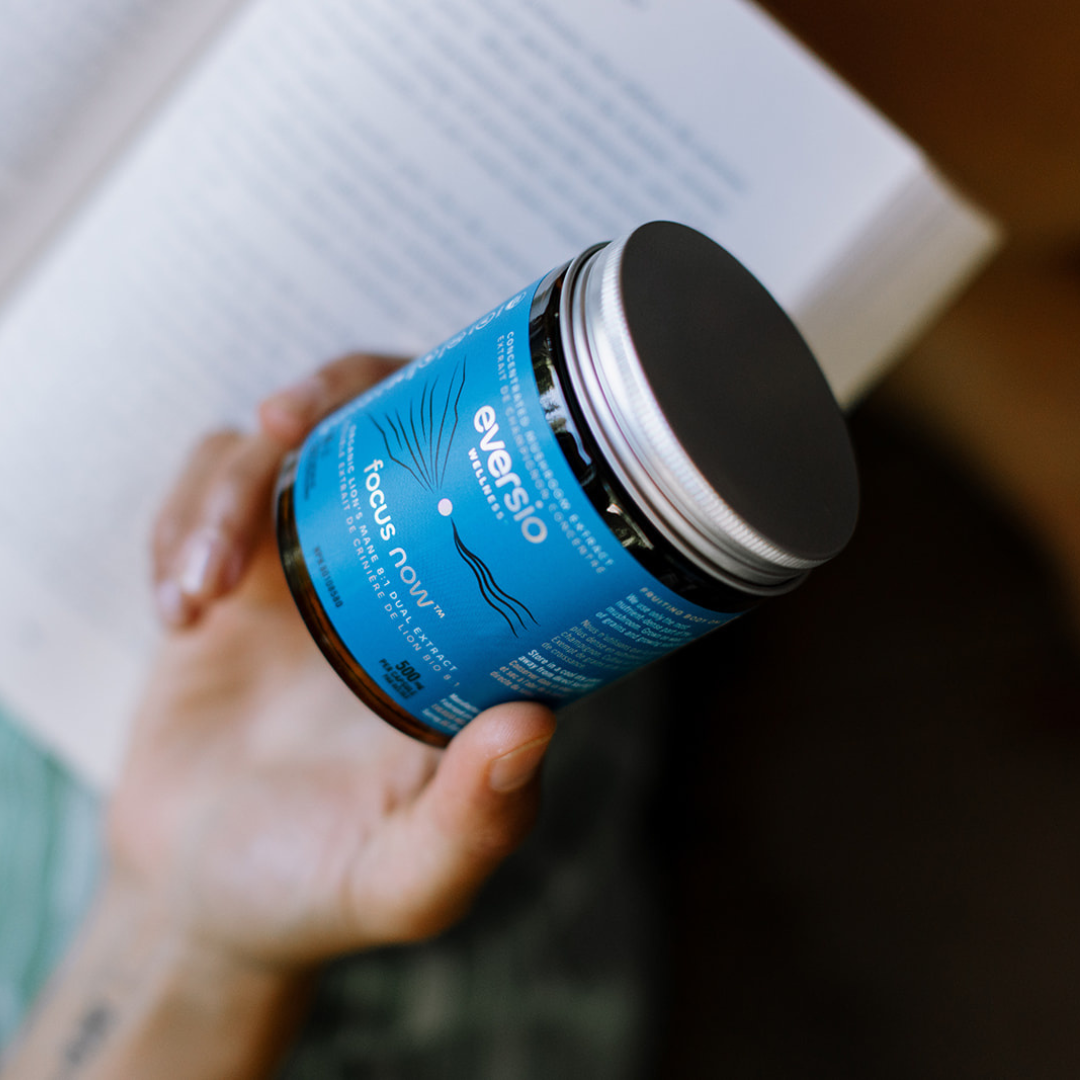
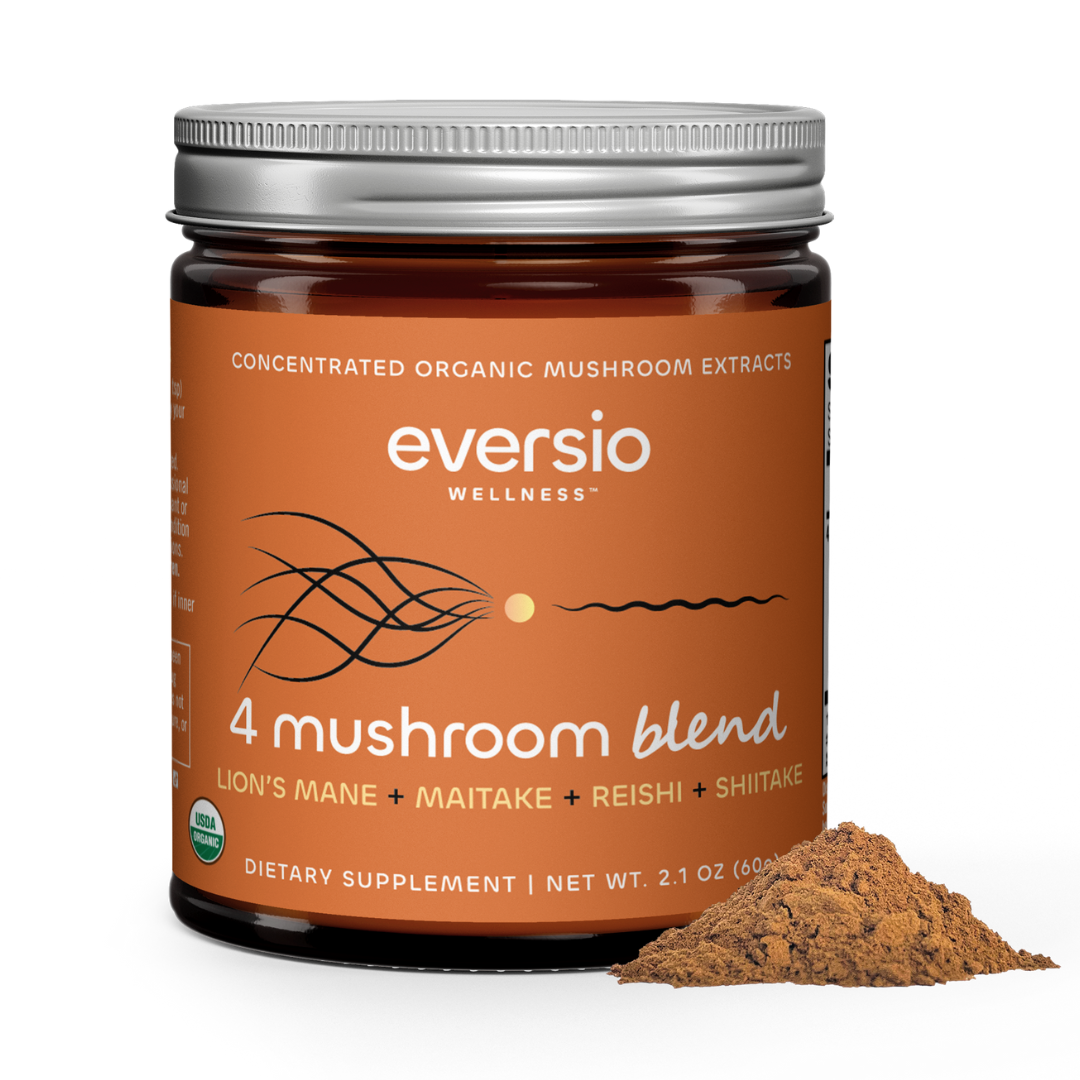
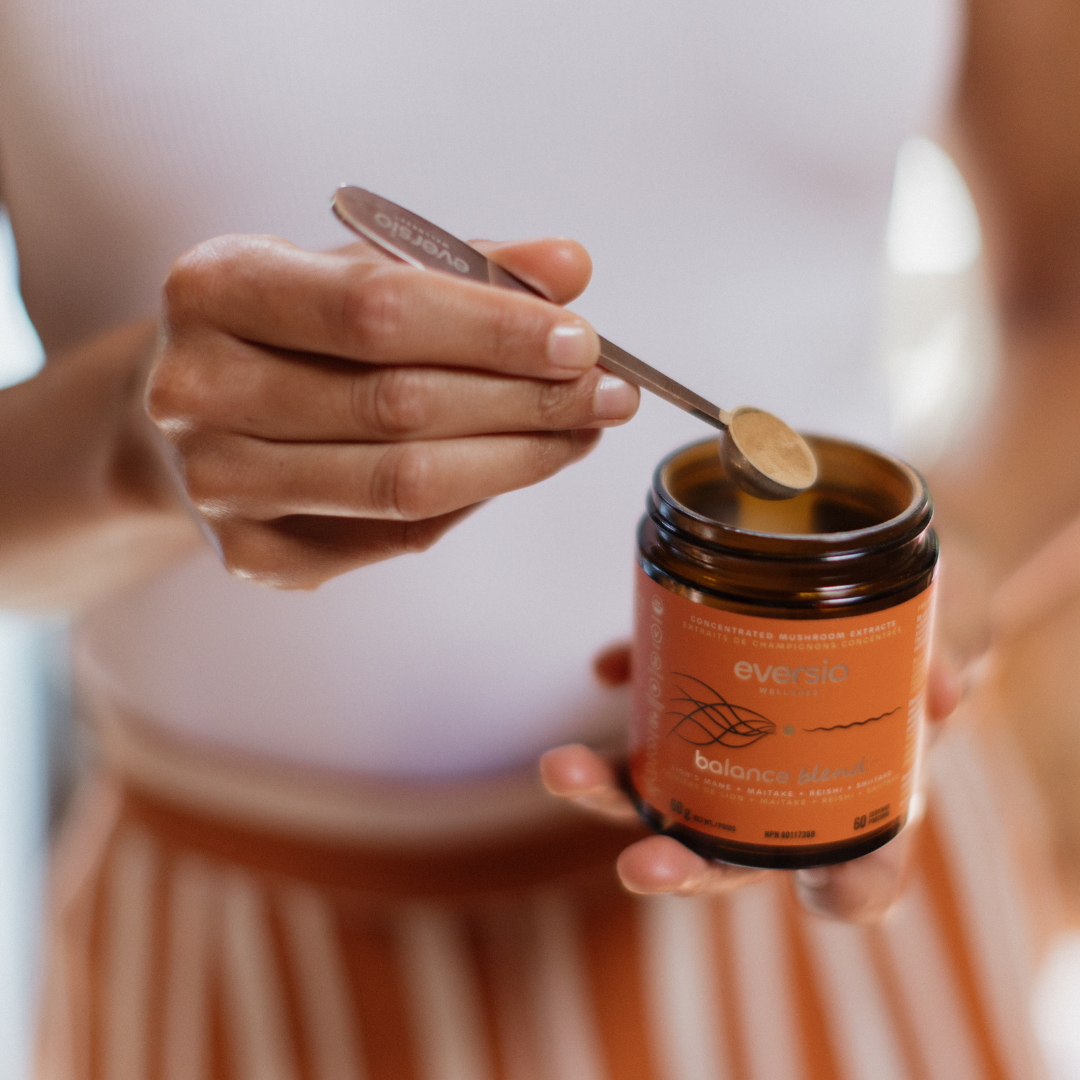
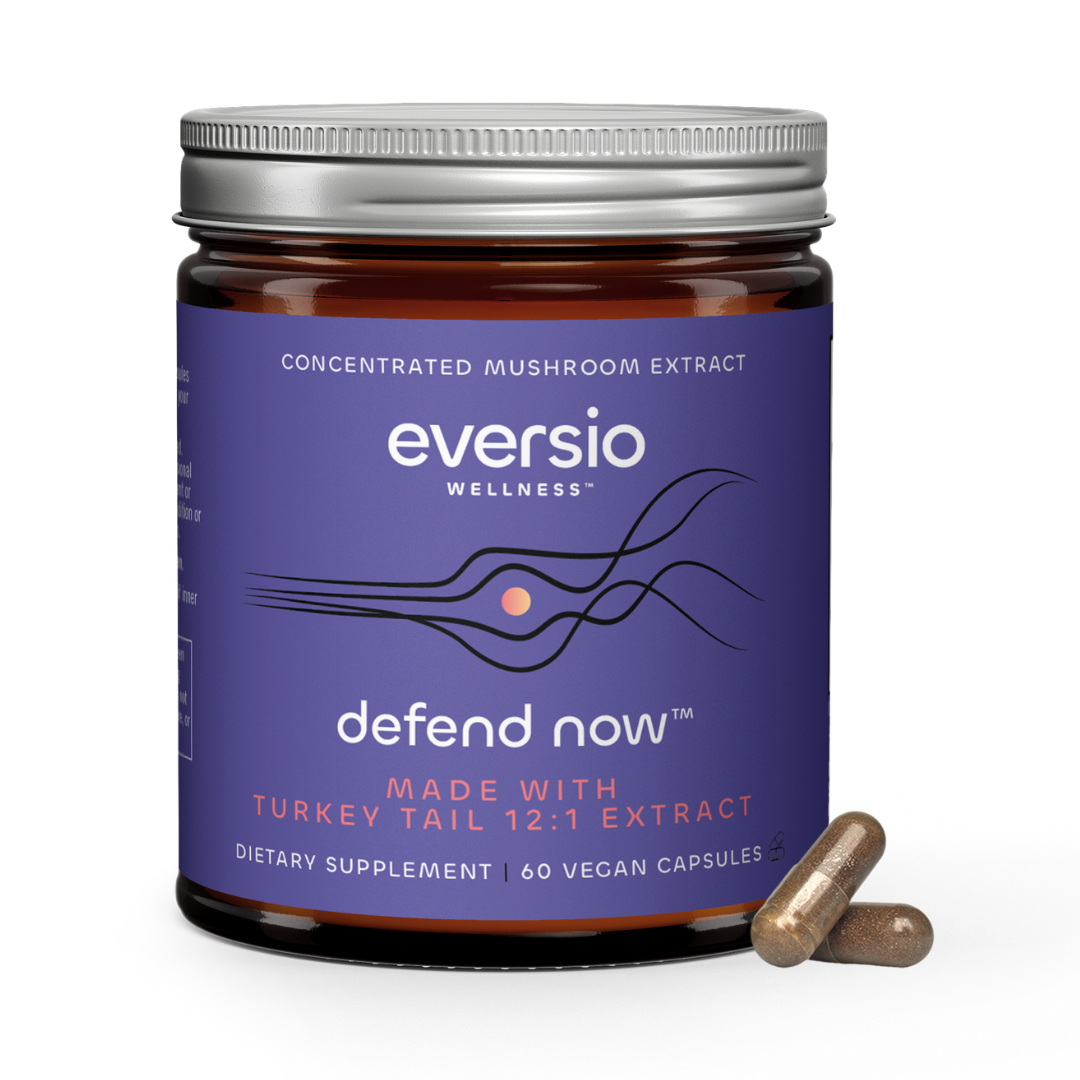
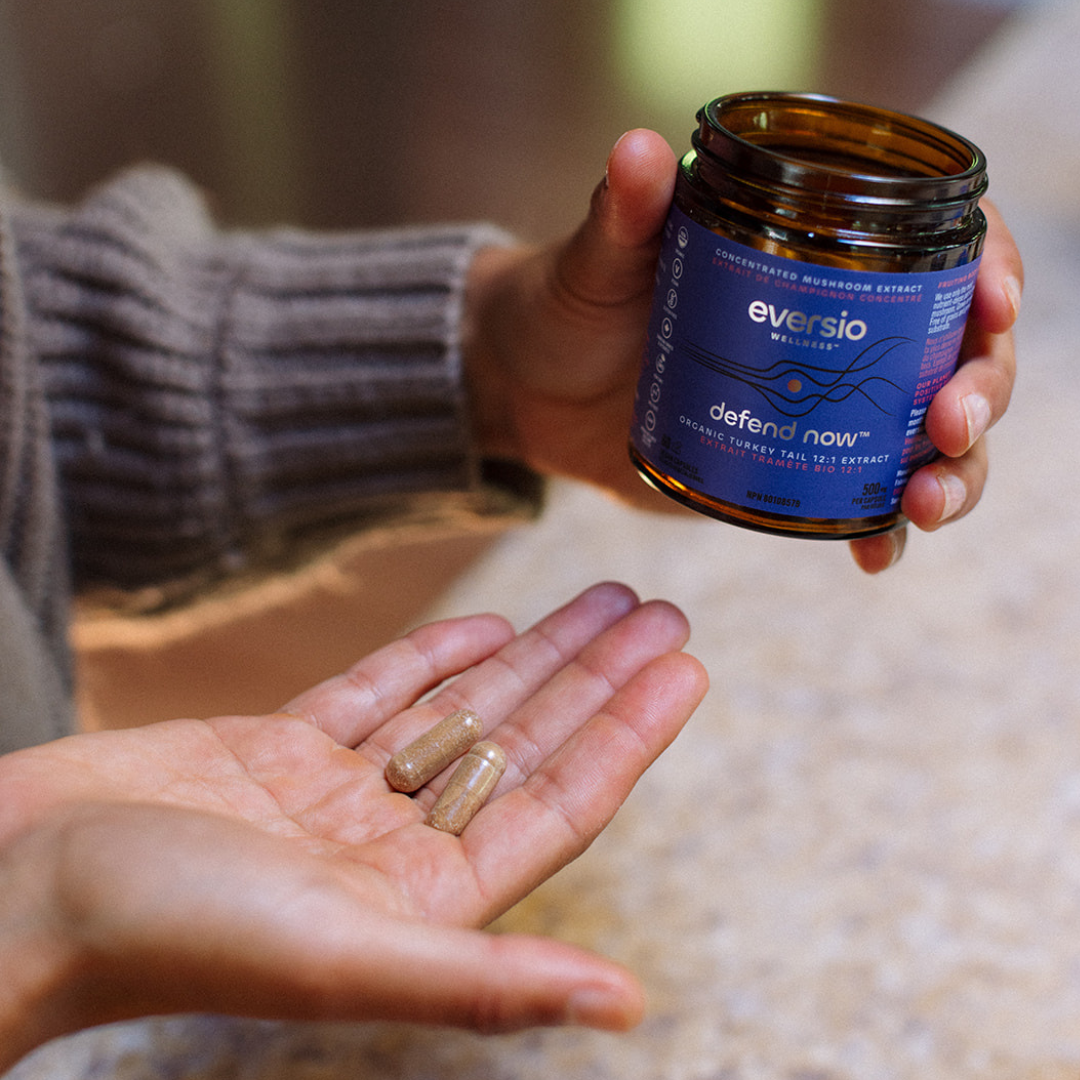
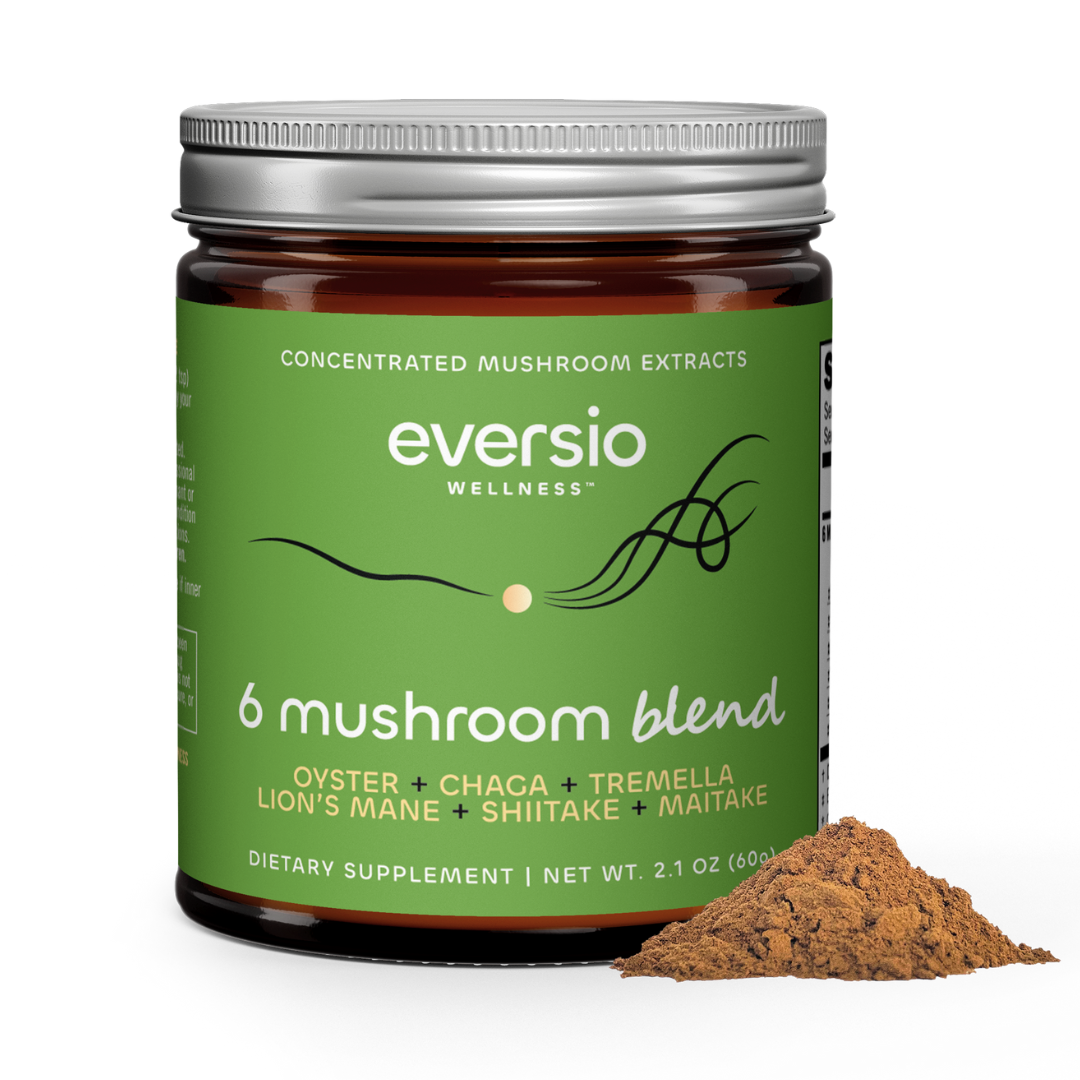
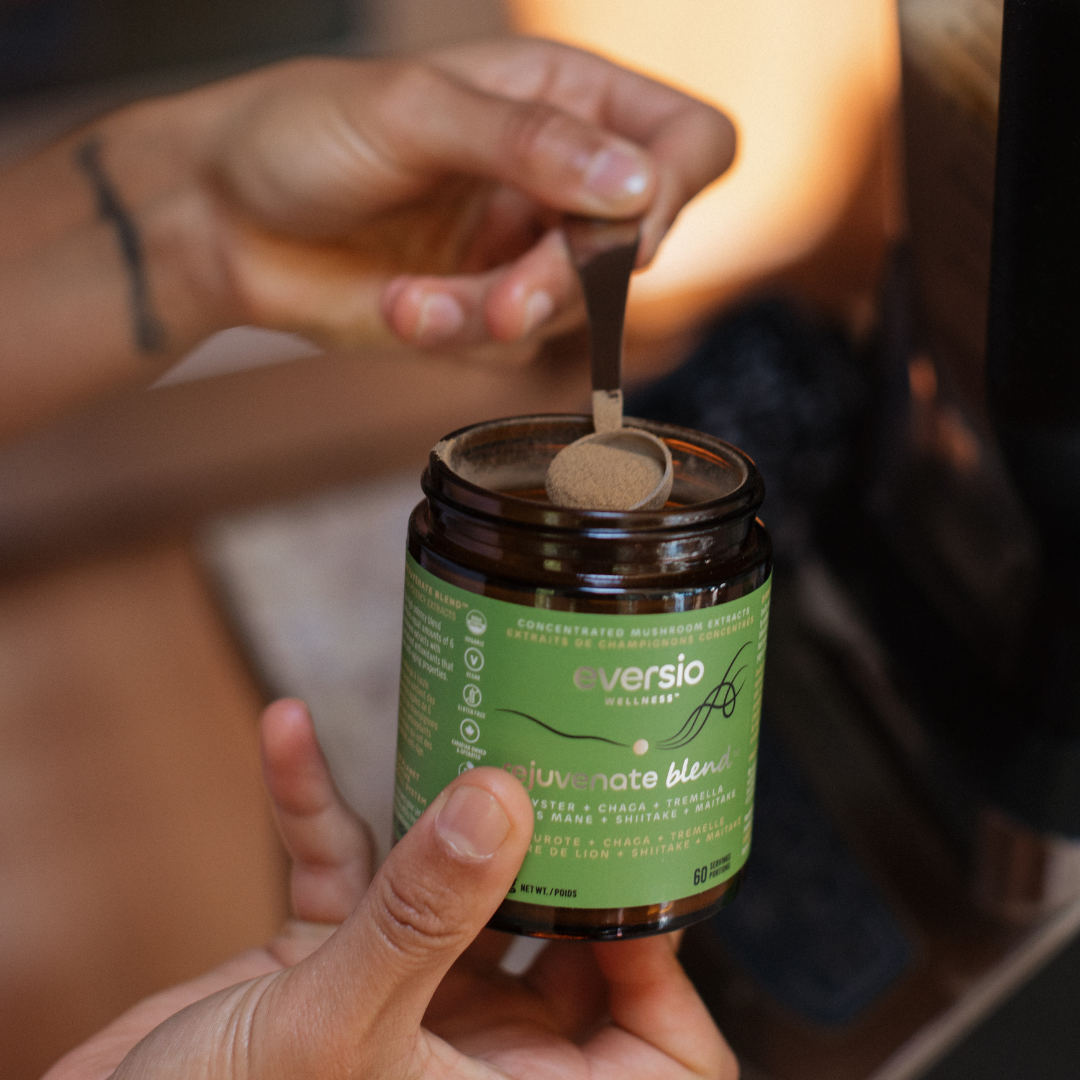
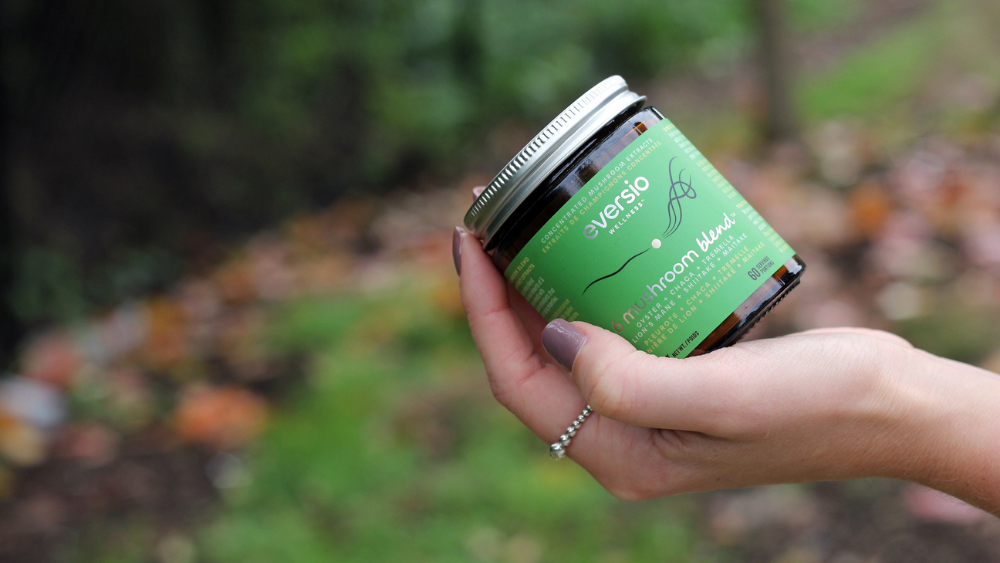







Leave a comment
All comments are moderated before being published.
This site is protected by hCaptcha and the hCaptcha Privacy Policy and Terms of Service apply.